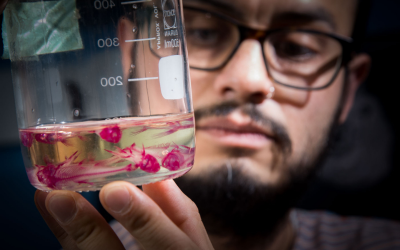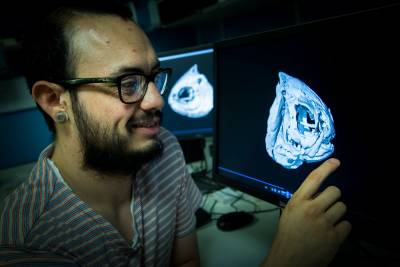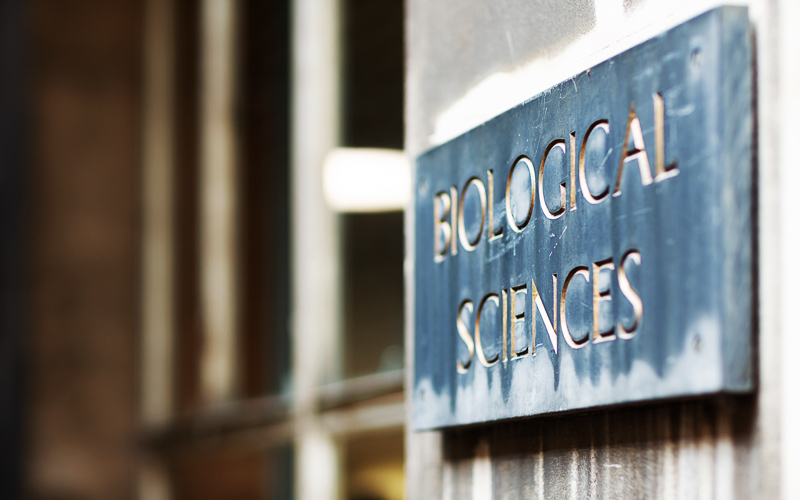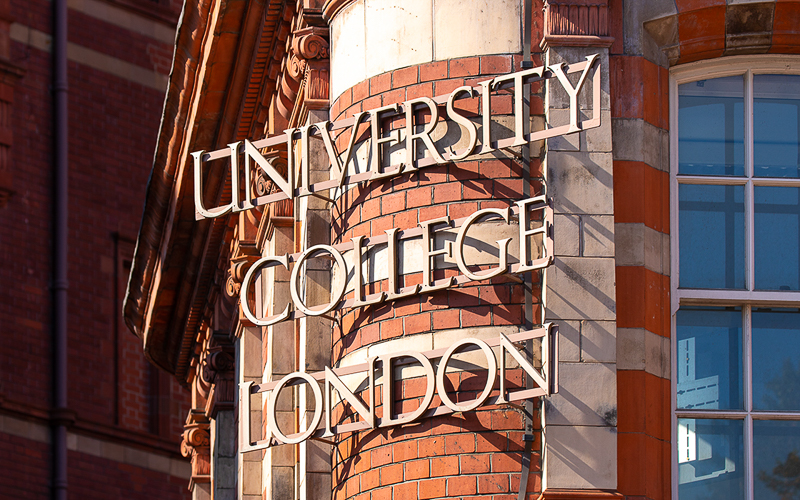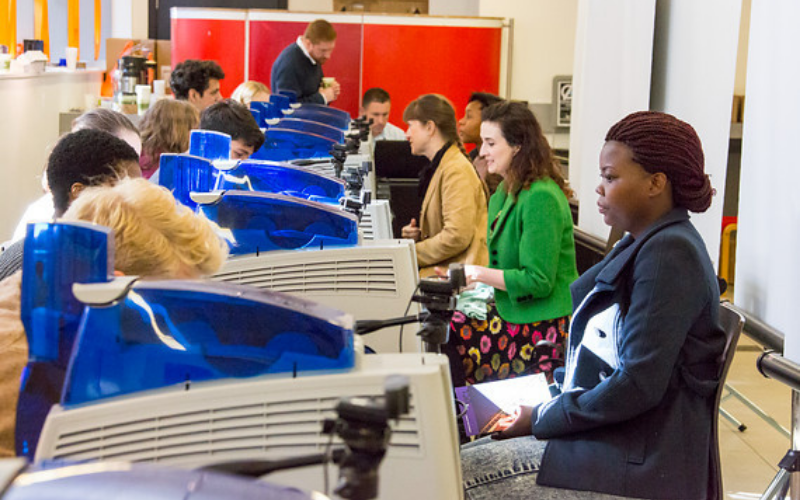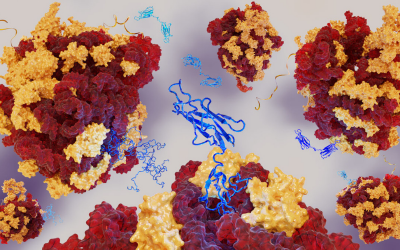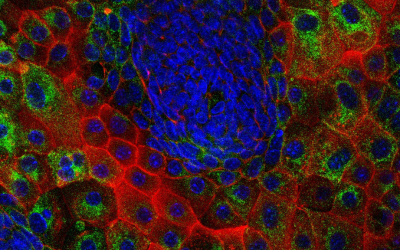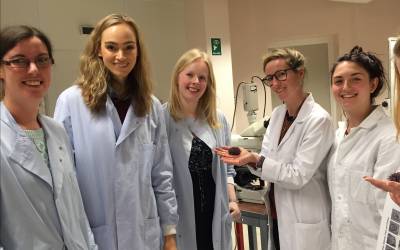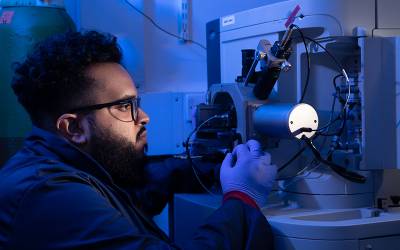Opportunities
Study
BSc/MSci Biochemistry
This Biochemistry BSc/MSci degrees offer you the opportunity to look at life at the molecular level, from nucleic acid and protein structure to cell signalling and metabolism, in one of the world’s greatest centres for biochemistry. We have a strong focus on computational analysis using super computers and students have the opportunity to compare some of their research findings to similar studies from around the world.
Unlike similar programmes, UCL students have the opportunity to undertake two research projects in their third year
The course also features options to extend to a four-year Biochemistry MSci. Unlike similar programmes, UCL students have the opportunity to undertake two research projects in their third year. Fourth-year students are able to choose their own research topics and to lead that research in a working lab.
BSc Molecular Biology (2nd year entry)

Similar to Biochemistry, Molecular Biology is a look at life at the molecular level but concentrates more on the genome and proteome, structure-function and regulation.
There is a little less chemistry involved in this subject, but with greater emphasis on the detailed control of gene expression and protein function. It is a major area of biomedical research at both the molecular and cellular levels.
After completing the first year of BSc Biochemistry or BSc Biomedical Sciences, it is possible to transfer on to the BSc Molecular Biology specialist degree.
MRes Biosciences
The MRes in Biosciences provides the opportunity to undertake a major research project in Biochemistry, Cell Biology, Computational Biology, Stem Cells and Developmental Biology or Structural Biology. Students will develop the generic skills required for the written and verbal communication of science. The programme is designed for students who wish to undertake a PhD degree or to convert from other relevant disciplines and for those who wish to enter employment in an advanced capacity in industry or the public sector in the field of Bioscience.
Students can choose to graduate from one of twelve specialist areas which include Biochemistry, Cell Biology, Computational Biology, Stem Cells and Developmental Biology and Structural Biology

 Close
Close



